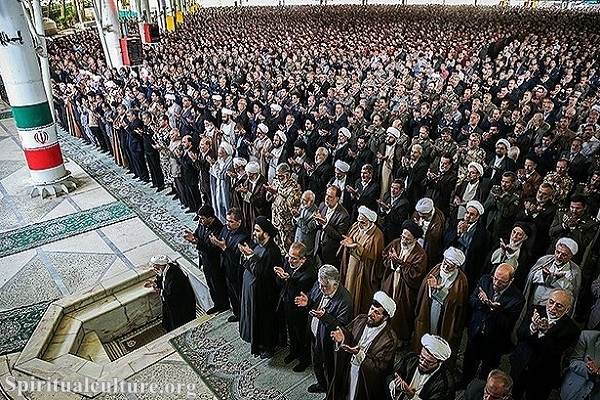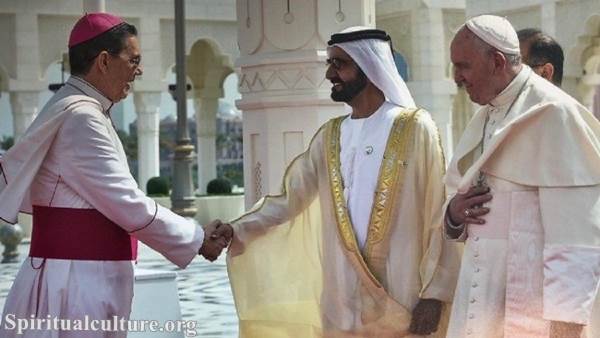Islam, one of the world’s major religions, is divided into two main sects: Sunni and Shia. The majority of the world’s Muslim population, approximately 85-90%, identifies as Sunni Muslims. This article aims to provide an in-depth understanding of Sunni Muslims and Sunni Islam, exploring their beliefs, practices, and historical significance.
Islam
Islam, a monotheistic religion, was founded in the 7th century CE in Mecca, a city in present-day Saudi Arabia. The religion was revealed to the Prophet Muhammad by the angel Gabriel. The teachings of Islam are encapsulated in the Quran, the holy book of Muslims. The religion emphasizes the oneness of God (Allah in Arabic), the importance of leading a righteous life, and the belief in the Day of Judgment.
The division between Sunni and Shia Islam originated after the death of Prophet Muhammad in 632 CE over a dispute about his rightful successor. Those who believed that the Prophet’s close friend and advisor, Abu Bakr, should become the first Caliph (leader) of the Muslim community became known as Sunnis. On the other hand, those who believed that the leadership should remain within the Prophet’s family, specifically with his cousin and son-in-law, Ali, became known as Shias.
Sunni Muslims
Sunni Muslims, also known as Ahl as-Sunnah, are the largest group within Islam. The term “Sunni” comes from the phrase “Ahl al-Sunnah,” which means “people of the tradition.” The tradition here refers to the practices and beliefs of the Prophet Muhammad, which Sunni Muslims strive to emulate in their daily lives.

Sunni Islam
Sunni Islam is characterized by several key beliefs and practices. Sunni Muslims believe in the six pillars of faith: belief in God, belief in the angels, belief in the revealed books, belief in the prophets, belief in the Day of Judgment, and belief in God’s predestination.
In terms of practices, Sunni Muslims follow the Five Pillars of Islam, which include the declaration of faith (Shahada), prayer (Salat), almsgiving (Zakat), fasting during the month of Ramadan (Sawm), and pilgrimage to Mecca (Hajj).
Sunni Islam is further divided into four main schools of jurisprudence or thought: Hanafi, Maliki, Shafi’i, and Hanbali. These schools differ in their interpretation of Islamic law, but all agree on the fundamental tenets of the faith.
Historically, Sunni Islam has been associated with political leadership in the Islamic world. The Sunni Caliphs, starting with Abu Bakr, were both religious and political leaders. This tradition of combining religious and political authority continued in many Sunni-majority countries, although it has recently been challenged.
Sunni Muslims Today
Today, Sunni Muslims are spread across the globe, with large populations in countries like Indonesia, Pakistan, India, and Egypt. They continue to practice their faith in diverse ways, reflecting the cultural diversity within the Sunni community.
In the contemporary world, Sunni Islam, like other religious traditions, faces challenges and changes. Issues such as the role of women, relations with non-Muslims, and the relationship between religion and state are subjects of ongoing debate within the Sunni community.
Despite these challenges, Sunni Muslims continue to find inspiration and guidance in their faith. For many, Sunni Islam provides a framework for understanding the world and a path towards personal and communal fulfillment.
In conclusion, Sunni Muslims, adherents of Sunni Islam, represent a rich and diverse tradition within the broader Islamic world. Their beliefs and practices, rooted in the teachings of the Prophet Muhammad, continue to shape the lives of millions of people around the world. Understanding Sunni Islam is not only crucial for understanding the Islamic world but also for fostering interfaith dialogue and mutual respect in our increasingly interconnected global community.




